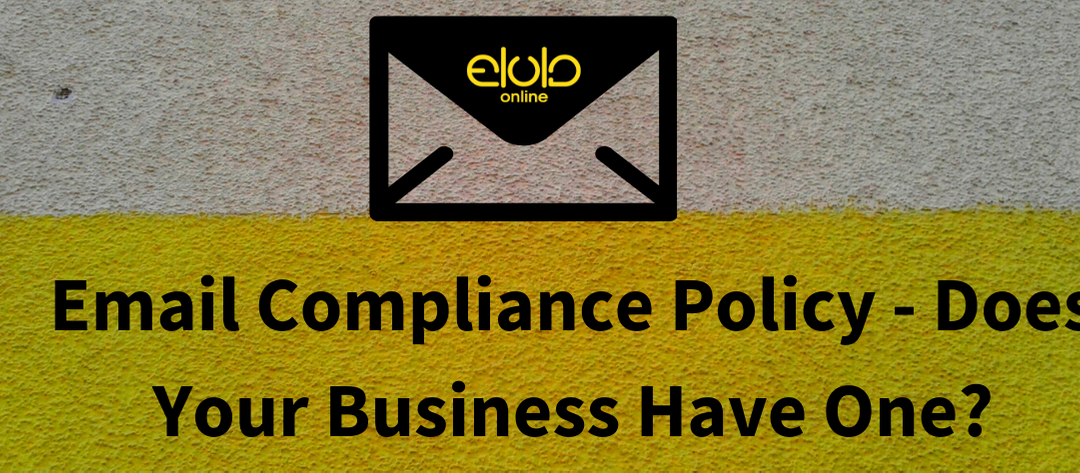Email has become a standard form of communication in today’s business world, both internally and as a way to instantly connect with clients, suppliers, and other business associates. It’s often preferred over telephone contact and many people now have email access on their smartphones, allowing them to send and receive messages no matter where they are. As a result, a higher volume of critical business information is being sent at a much faster pace.
Work emails often contain important, sometimes even confidential, information and attachments that should be archived for potential future eDiscovery needs. If your company must adhere to certain compliance regulations (think Sarbanes-Oxley or HIPAA) due to the nature of the industry, documents can be requested by lawyers or courts in the form of an eDiscovery request and must be made available within a specified time period (eDiscovery refers to the process of locating and utilizing a company’s archived documents in a legal setting, such as a lawsuit).
Failure to abide by compliance regulations can often result in hefty court fines and in some cases, even result in the loss of a trial. Moreover, emails are frequently the only written record of communication between you and clients and other business contacts. Thus, it’s imperative you have an email compliance policy that ensures such correspondence is retained and properly archived.
Fortunately, implementing an internal compliance policy or procedure is not nearly as difficult as it sounds. A compliance policy should be drawn up according to the compliance needs and responsibilities of your company; have the written policy reviewed by your lawyers or legal department. Then look into software products that can support your policy automatically. For example, there are a wide variety of email backup programs can automate your compliance process by routinely backing up email on according to a schedule determined by you (e.g. daily, twice a day, etc.) ensuring you never lose important email communication.
Article Source: https://EzineArticles.com/expert/Kaitlin_Harper/332169

